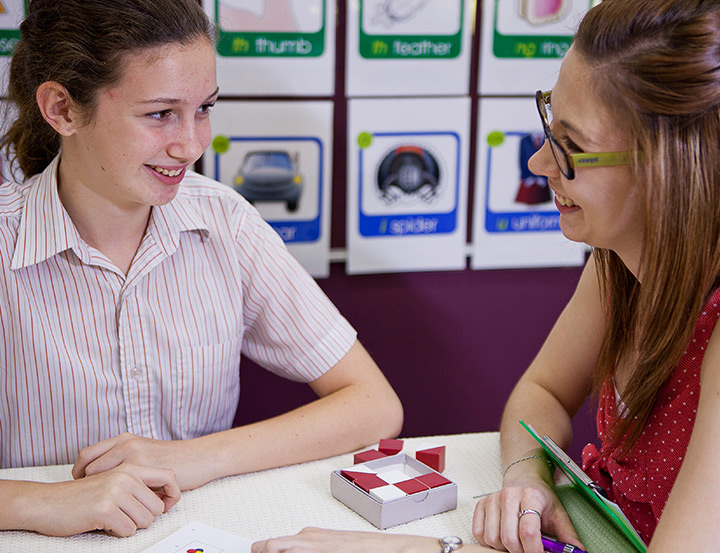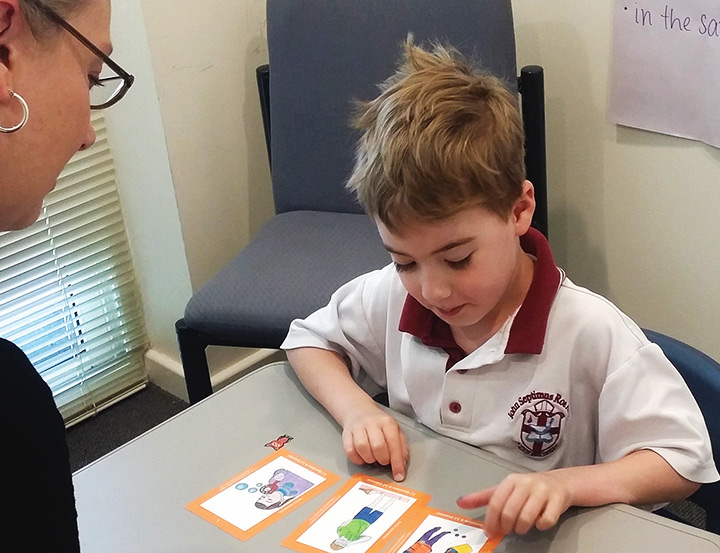The decision to seek professional advice, and a possible assessment to determine whether or not a child has a learning disability, is a complex one. It should only occur after a number of other steps have been taken – including a period of observation and collection of relevant information. This is important for several reasons.
Firstly, a child’s teacher is likely to be well-placed to observe whether there is a specific area of concern in relation to their progress. Schools frequently collect a great deal of data on student performance, including information gathered through: observation; screening; and, regular in-class assessment of individual student progress. This means that a child’s teacher will be able to identify specific areas of concern and gaps in learning. They will also be able to make suggestions about the appropriate strategies to adopt in the first instance – both at school and at home.
Secondly, prior to a formal assessment, it is important to ensure that children are provided with well-designed instruction targeting the area in which the child is struggling. This instruction should be explicit, systematic and cumulative and needs to form the basis of an intervention that continues for at least six months. This is because one of the criteria for learning disability diagnosis is to evaluate how well a child responds to targeted intervention over an extended period of time (at least six months). Many children make rapid progress once given appropriate systematic instruction, suggesting that their difficulties are the result of gaps in their knowledge and skills, rather than a persistent and enduring learning disability.
Thirdly, the information gathered over this period will assist the practitioner conducting the assessment (in the event that one is required) both to determine an understanding of the level of functional impact the child is experiencing and to better inform decision-making in terms of ongoing intervention and support.
There are times when it becomes obvious very quickly to both the parent and the teacher that a child is experiencing significant difficulties with either the language or learning demands (or both) of the classroom and, on these occasions, it is often in the child’s best interests to seek professional advice from either a speech pathologist or a psychologist as early as possible. They are unlikely to assess for a learning disability (assuming the child is only four or five years of age) but will provide a range of recommendations for both the teacher and the parent to follow and will assess whether there is evidence of longer term risk factors.

In this section:
- Introduction
- The difference between a learning difficulty and a learning disability
- What do we know about types of learning disabilities?
- Other developmental disorders that can impact on learning
- Identifying and diagnosing specific learning disorders
- Selecting a successful intervention program
- Use of assistive technology
- Supporting students with learning disabilities
- Children with learning disabilities may have low self-esteem






